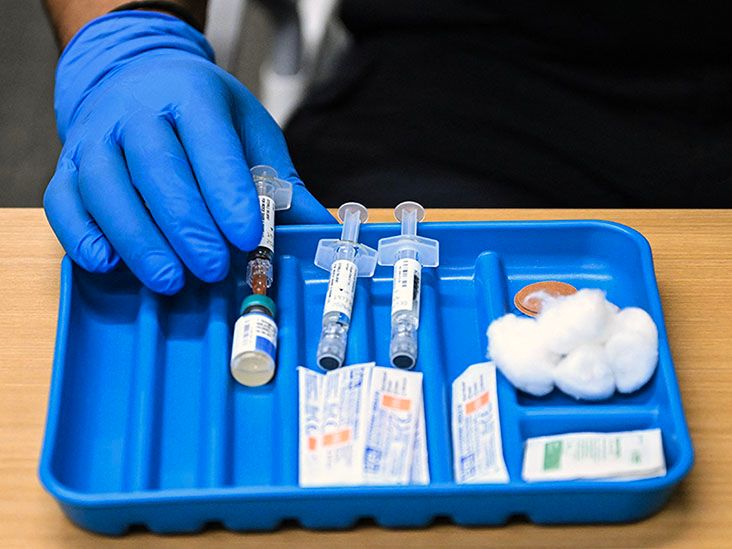The life expectancy of someone with an ileostomy depends on the underlying illness they have.
An ileostomy does not reduce an individual’s life expectancy. Doctors perform this procedure to bypass portions of the intestines in response to certain conditions, such as cancer, ulcerative colitis, or Crohn’s disease. The life expectancy of people who undergo an ileostomy derives from the outlook of their underlying condition.

Generally, an ileostomy does not reduce a person’s life expectancy. Life expectancy depends more on the underlying condition that made this type of surgery necessary.
In many cases, this procedure can improve a person’s quality of life, reducing the symptoms relating to their underlying illness. It may also improve their outlook, as it
An ileostomy can be temporary to allow the bowel to recover from an injury or illness. The procedure can also be permanent if the underlying condition is untreatable and doctors need to bypass portions of the intestines to prevent health complications.
A permanent ileostomy can be a lifesaving treatment for people who have parts of their intestines and the rectum removed after an injury or illness. This helps them live a long and fulfilling life without a major organ.
After undergoing an ileostomy, people will have a pouch permanently attached to their stoma to collect the digestive waste that constantly flows out from the abdominal opening. While those with a stoma can live an active and fulfilling life, they may have to make some lifestyle changes to take care of their ileostomy and prevent complications.
Emptying the bag
Depending on the output of the stoma, a person may have to empty their ileostomy bag multiple times daily. In general, people need to empty their bags when they are about a third to half full to prevent leaking or bulging. Also, doctors may recommend avoiding wearing tight-fitting clothes, as they can apply additional pressure to the pouch and cause damage to the stoma.
When emptying the pouch, an individual also needs to thoroughly clean the skin around the stoma, ensuring it is completely dry before reapplying the pouch. This helps reduce the risk of skin irritation and infections. A person also needs to replace their bag every 2 to 3 days. However, this can vary depending on the output of their stoma and the type of bag they use.
Skin irritation
If anyone develops symptoms of skin irritation or infection, they need to contact a doctor immediately to undergo treatment to help prevent further complications.
Depending on the condition that requires treatment and its severity, the doctor may prescribe topical ointments to apply directly to the skin or oral medications.
Dietary changes
Doctors may also recommend dietary changes to people who underwent an ileostomy. In general, people need to avoid foods that can cause gas, bloating, or diarrhea. They may also prefer consuming smaller quantities of food more frequently and avoiding large meals before going to bed to reduce the stoma output while resting.
Read more about dietary changes after an ileostomy.
An ileostomy and a colostomy are procedures that bypass a portion of the intestines. They reroute a section of the digestive tract into an opening, called a stoma, in the abdominal wall. The stoma allows the digestive waste to exit the body without having to pass through the whole digestive system and exit the anus.
While they are both similar procedures, the key difference is that a colostomy
Both procedures can be permanent or temporary, depending on the underlying cause that makes them necessary. An ileostomy and colostomy do not reduce a person’s life expectancy, as this depends on the underlying condition.
Can you live a long life with an ileostomy?
Undergoing an ileostomy does not affect life expectancy. On the contrary, this procedure can improve a person’s quality of life and expectancy. This is particularly true in those who have had a portion of their intestines removed following an injury or an illness, allowing them to live without a major organ.
Does having an ileostomy make you tired?
Having a stoma can cause some complications,
If a person experiences persistent tiredness after undergoing an ileostomy or notices any signs of dehydration, they need to consult a doctor.
Will I lose weight with an ileostomy?
Not everyone with an ileostomy loses weight. Many people report gaining unwanted weight after undergoing ileostomy surgery due to the dietary changes they have to make to control the waste output from their stoma.
Undergoing an ileostomy does not generally affect a person’s life expectancy. This is typically based on the underlying illness that makes the procedure necessary.
In some cases, undergoing an ileostomy may improve a person’s quality of life and even improve their life expectancy.
After an ileostomy, people may have to make some lifestyle and dietary changes, including avoiding foods that can cause bloating and having to empty their ileostomy pouch several times per day.


